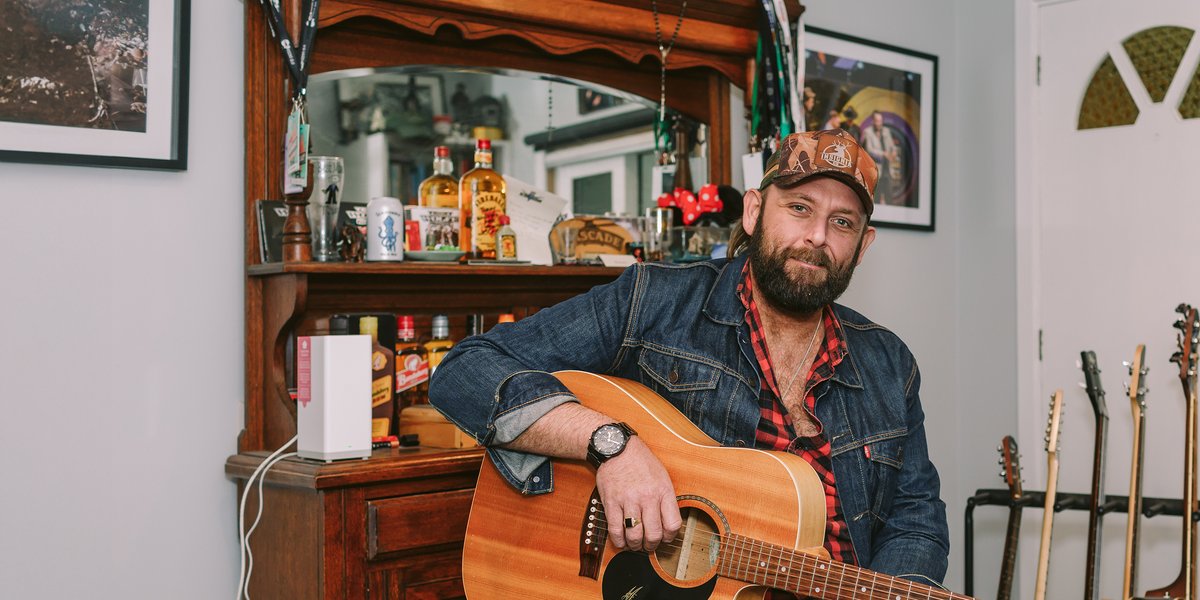Emma McGrath
“We’re known as being the friendliest orchestra. People genuinely care about each other. We can have a lot of fun."
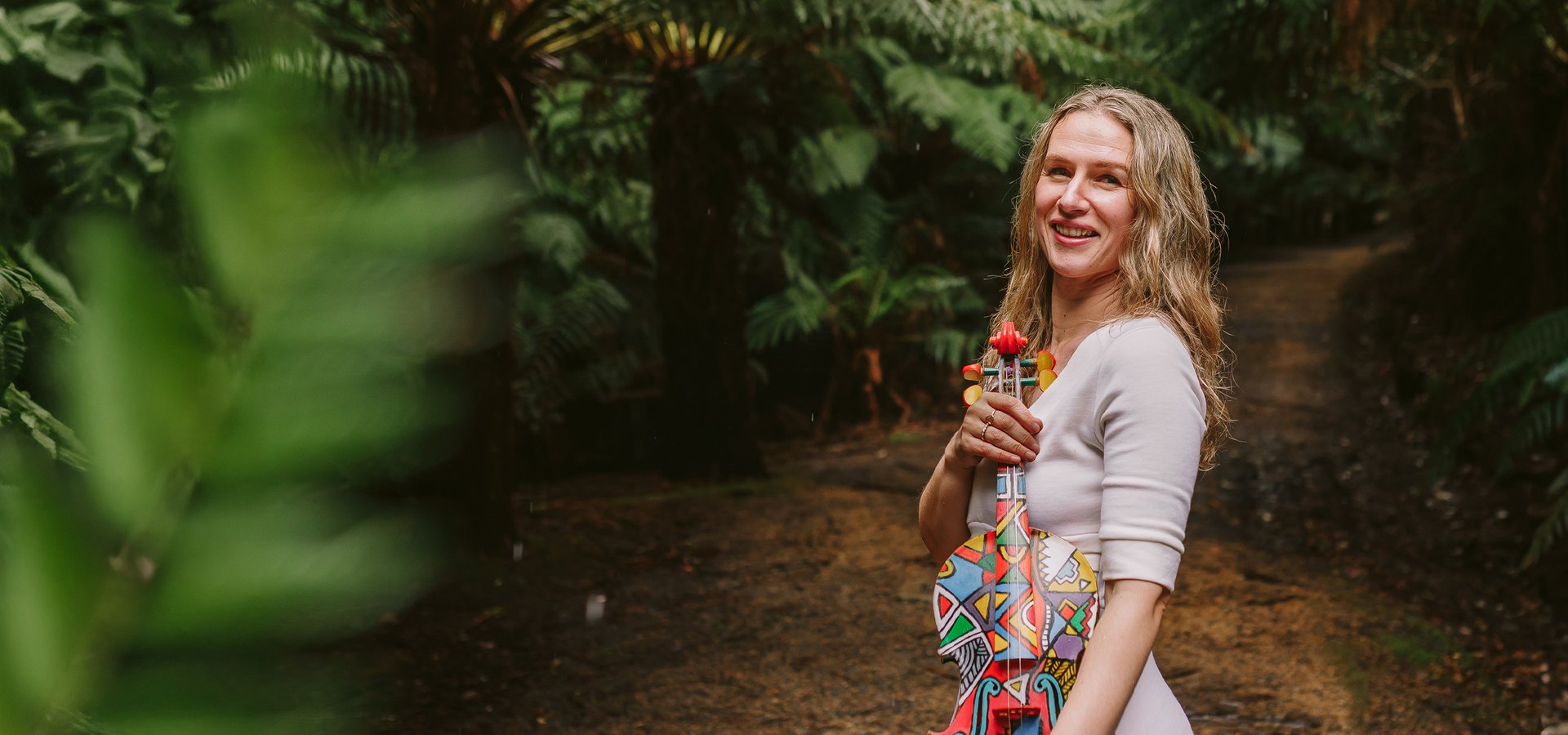
“I meet people when they’re in their late twenties or beyond, and they say, ‘I wish I’d kept it going. I loved it so much. I wish I hadn’t quit.’ And so, to anyone thinking of quitting their instrument – or if your kid is thinking of quitting – keep that in mind”.
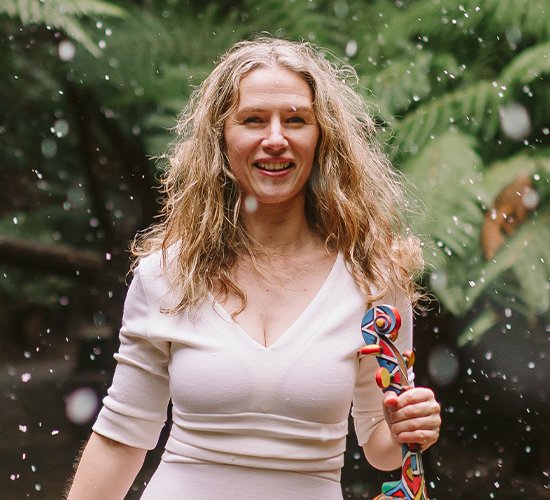
“How do you make someone cry at the back of the hall with a box of wood and some horsehair? How do you quantify that?”
“It’s bloody magic, is what I think it is,” Emma McGrath says of live performance, awe and delight flashing across her face.
Ten years into her Tasmanian chapter, the concertmaster of the Tasmanian Symphony Orchestra (TSO) is deeply passionate about music’s ability to connect, and the island she now calls home.
It’s late July in 2015, and the air is crisp. Winter sunshine mixes with the morning aroma of Battery Point cafes. Despite the cold, 36 hours of travel, jetlag, and baby-induced sleep deprivation, Emma is taking her first step into a 6-week trial with the TSO, in a place she couldn’t pin-point on a map until recently.
Emma remembers looking across to Kunanyi/Mt Wellington, or ‘The Mountain’ as she casually calls it — a sure sign she’s now a local — during that first morning in Tasmania. A light dusting of snow is illuminated by the soft morning light, “This is incredible” she thinks to herself. Her luggage still hasn’t arrived, but Nipaluna/Hobart has already started to knit itself around her.
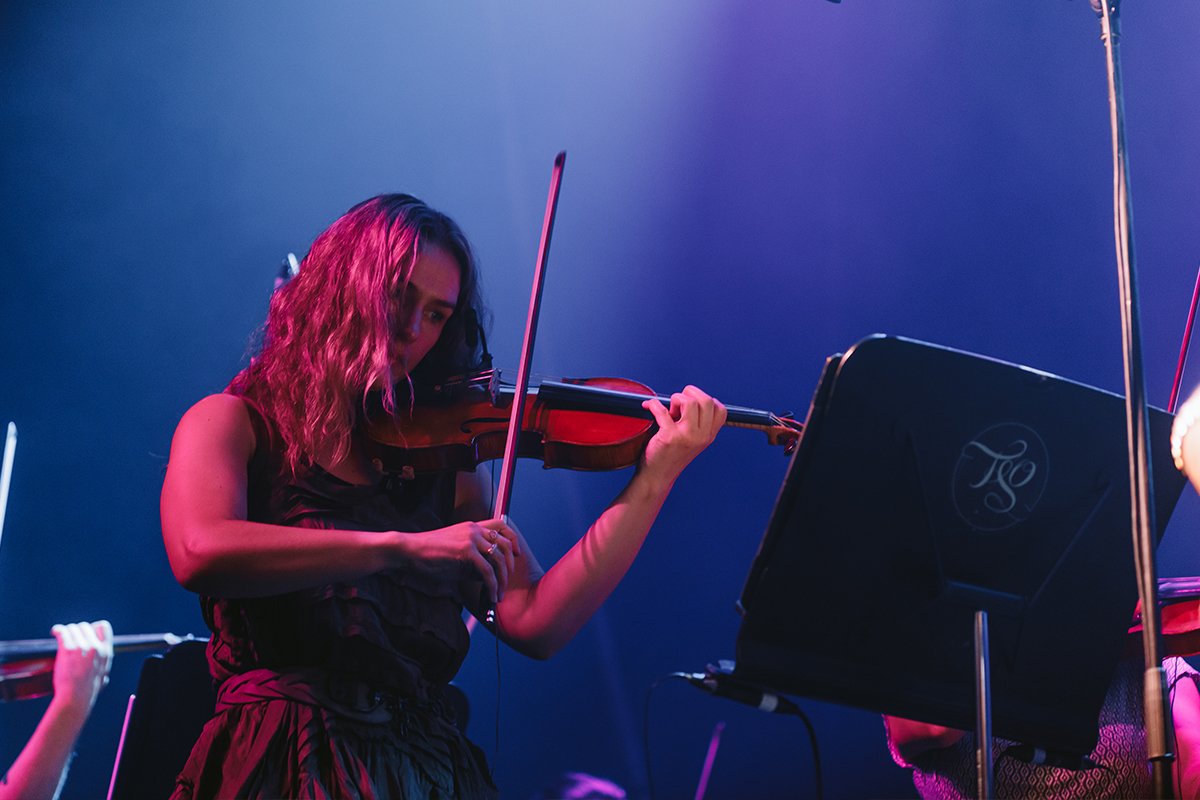
Emma grew up in a cold house in Manchester. She describes her childhood as modest and simple, recalling second-hand clothes and her family not being able to afford meat until she was eight years old. But despite the challenges, her working class family had plenty of happy times, too.
“People always ask me, ‘When did you start playing violin?’ I always say I was three. And then they always go, ‘Wow, how amazing,’ and I just think that’s such a strange reaction, because I’m sure as a three-year-old I sounded pretty bad,” Emma says, a bit bemused.
Emma doesn’t recall gaining the sense that she was a talented musician until she was 10 or 11. While her parents saw her potential, she attributes part of her long-burning passion to them not making her practice 6 hours a day. “We’ve only got one childhood,” she says. “I’m passionate about that now, being a parent.”
It wasn’t until her early teens, after playing Mahler’s 10th Symphony in a youth orchestra, that music became something more than a choice. She recalls the moment, aged 15, that she realised music was her calling. “I don’t choose music. Music chose me. And I have to play in an orchestra,” she recalls thinking.
Emma’s career began early. “Music from the get-go,” she says. She gigged, taught, and studied simultaneously while starting out. Her talents have since spanned continents. She has performed as a soloist and chamber musician across Europe, Asia, the USA, and Australia, and has led as a guest concertmaster for multiple international and Australian orchestras, including the BBC Symphony Orchestra, BBC Philharmonic Orchestra, Royal Liverpool Philharmonic Orchestra, the Hallé Orchestra, Sydney Symphony Orchestra, Opera Australia, Royal Northern Sinfonia, and more. She has also worked as a conductor, baroque violinist, and educator.
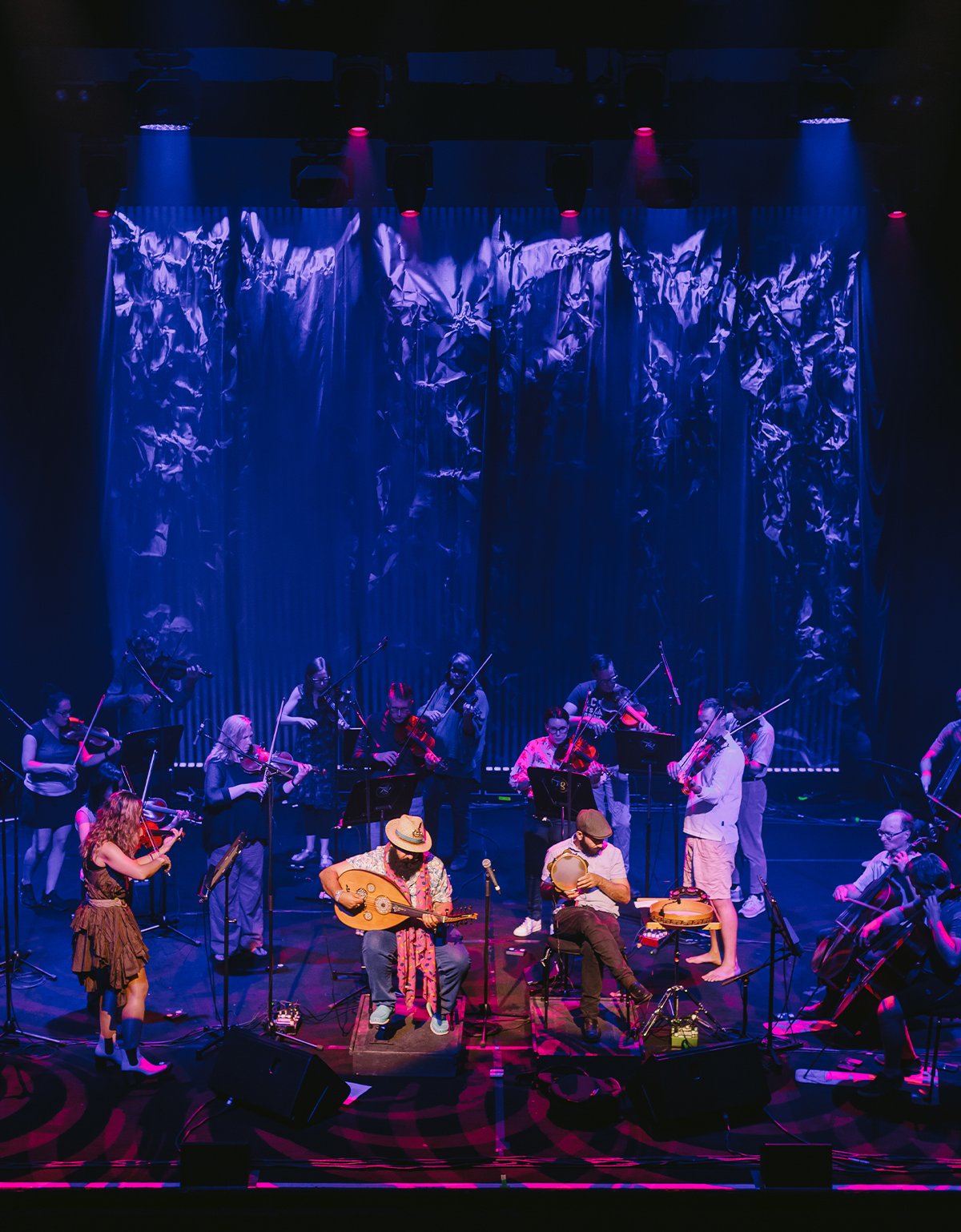
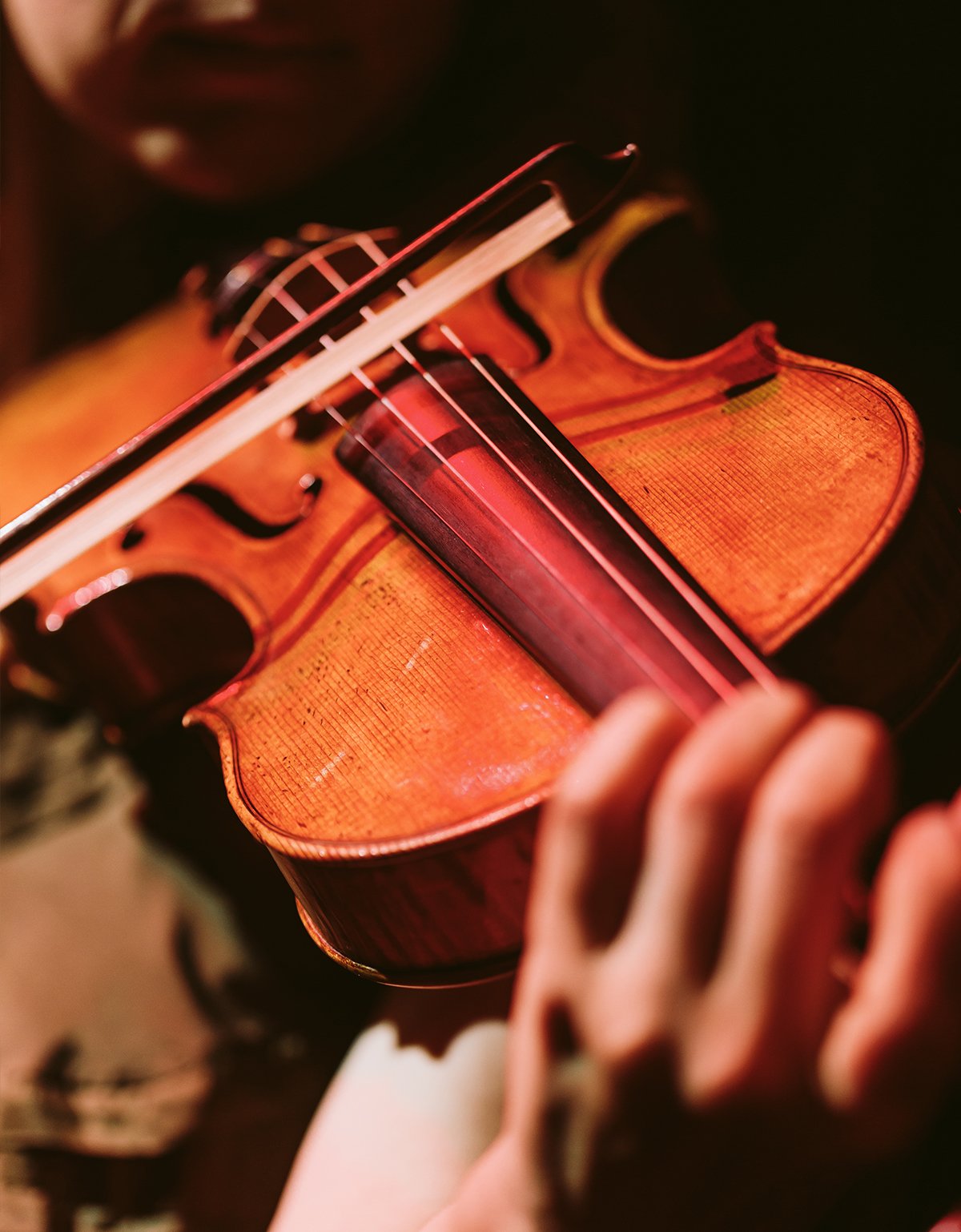
In a chamber orchestra there’s more of a sense of connection with everyone. You can’t be a passenger. You have to be an active participant at all times.
Prior to her move to Tasmania, she held the co-concertmaster position at the Seattle Symphony. Though she loved it, she knew it wasn’t her forever position.
The six-week trial that first brought Emma and her family to Hobart in 2016 turned into a life-altering move. “I’m of the mindset that if a door opens, you should go for it,” she says. She knew Tasmania was an island, she knew it was beautiful, and she knew she wanted to play in a chamber orchestra - she also knew that if she was offered the position, she’d take it.
In her role as TSO concertmaster, Emma’s job is to lead the ensemble. She must also understand the chief conductor’s vision and keep it alive, and play plenty of solos. While visiting conductors fly in to collaborate for several weeks, Emma holds the constant responsibility of guiding the orchestra, seamlessly correcting if a conductor or instrument skips a beat.
“It’s like ballroom dancing,” she says, describing the invisible language of movement and eye contact that keeps the orchestra in sync. “You’ve got your lead and your follow. If you’re watching two dancers, you’d never know that they’re necessarily making it up on the fly.” For Emma, her role as a leader at the TSO is both satisfying and terrifying. “Because I can help make something magical happen…or mess it up for everyone.”
Emma challenges the perfectionism that often accompanies classical music. “Sometimes I make the wrong call, and as a leader, it's important to say, ‘That didn’t work. Let’s try something else.’”
With 47 musicians across strings, brass, woodwind and percussion, the TSO is a mid- to large-sized chamber orchestra. This offers a different experience to a large orchestra, she explains. “In a chamber orchestra there’s more of a sense of connection with everyone. You can’t be a passenger. You have to be an active participant at all times.”
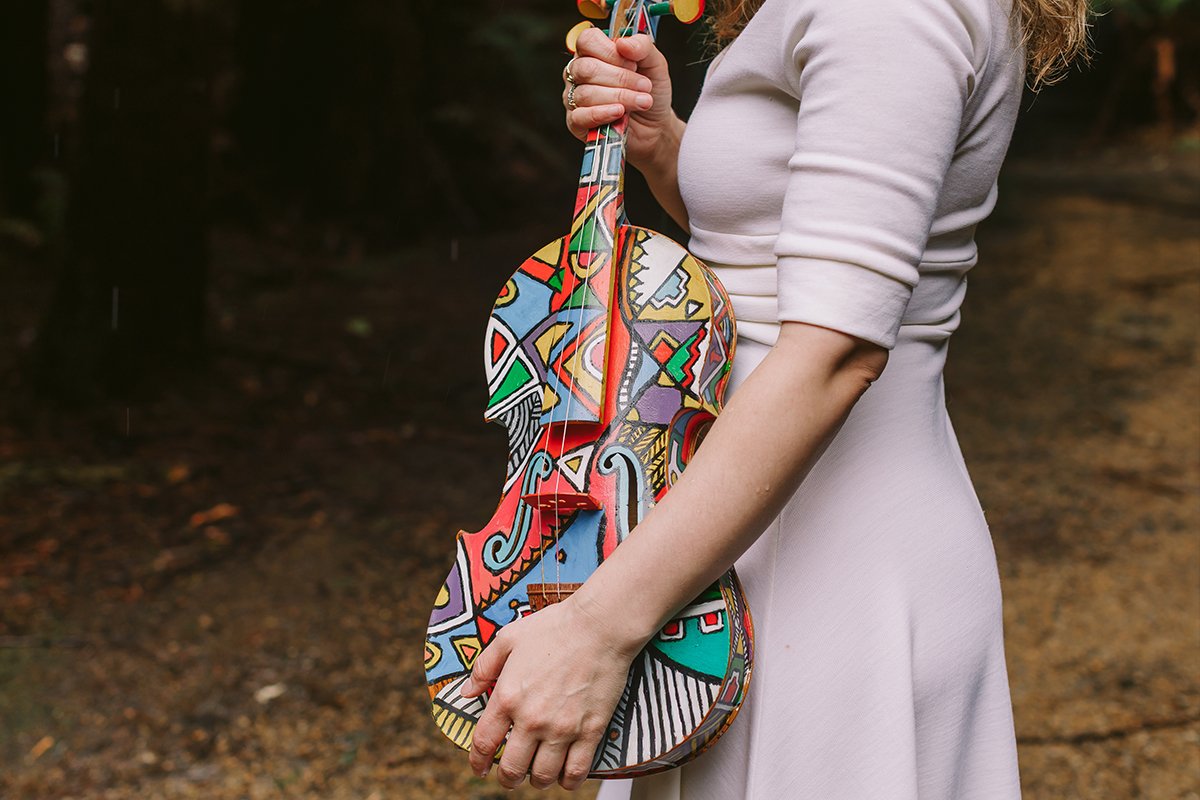
Part of what makes the TSO so unique, Emma says, is the culture. “We’re known as being the friendliest orchestra. People genuinely care about each other. We can have a lot of fun”.
Emma isn’t just busy as the TSO concertmaster and raising her children – she’s also inspiring the next generation as an educator and mentor. She’ll often teach young people after rehearsals. “I meet people when they’re in their late twenties or beyond, and they say, ‘I wish I’d kept it going. I loved it so much. I wish I hadn’t quit.’ And so, to anyone thinking of quitting their instrument – or if your kid is thinking of quitting – keep that in mind”.
Emma, her husband Matt, and their two young boys lap-up the quirks of Tasmanian life. “We’ve got our priorities right here,” she says. “I think that music, nature and the community that Tasmania has, plus the beautiful climate down here, it’s all just perfect”.
Matt is the newest double bassist with the TSO, after many years of freelancing. After playing gigs across Australasia and pivoting into an admin role as the TSO Librarian during COVID, he eventually secured a place in the ensemble. ”It was so inspiring,” muses Emma, especially for their children who watched as their Dad pursued his dream.
When she’s not on stage, Emma is with her family, exploring the wild places of Tasmania, and supporting her children in their own creative and musical pursuits. She loves swapping her violin for hiking boots to spend moments in nature. Outdoors, timing is led by footsteps, and the stage is replaced by the symphony of Tasmania’s wild places.
There’s no doubt that Emma has created a whole new symphony of her own — one that blends fresh air, family memories, plenty of music and nature.
“I’m here now in beautiful Hobart, and I have a good career and all of that, but still there’s part of me that’s a Manchester kid from modest means,” she reflects. “I’m so lucky. I wake up every day and think, ‘Wow, this is my life.’”
Thank goodness the kid from Manchester chose to live on the small island at the bottom of the map — although it’s quietly possible that Emma didn’t just choose Tasmania, Tasmania chose her.

We worked with southern Tasmanian photographers Studio Hubert and southern Tasmanian writer Skye Hamilton for this Tasmanian story.
Read about more Tasmanians

Ross Kent
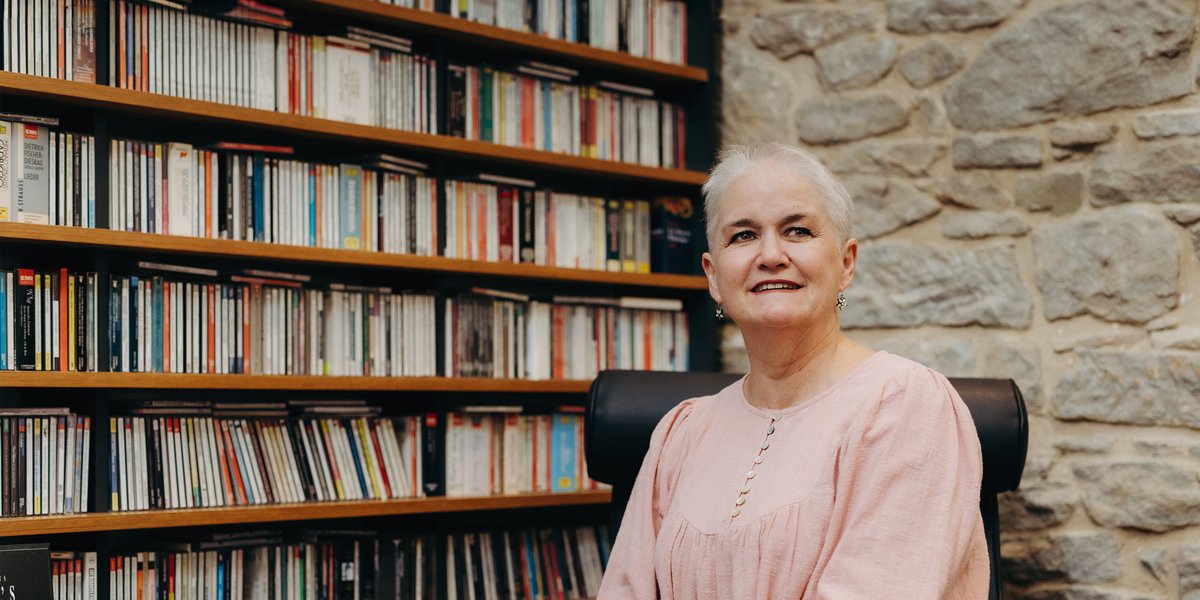
Jane Edwards
